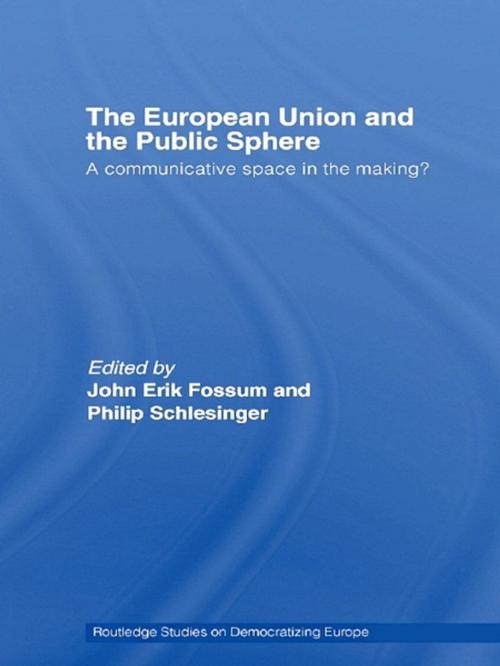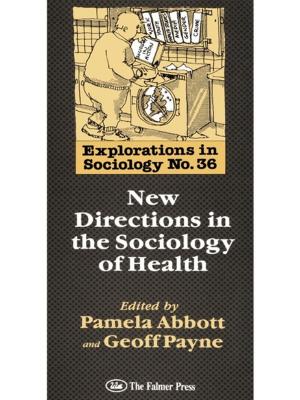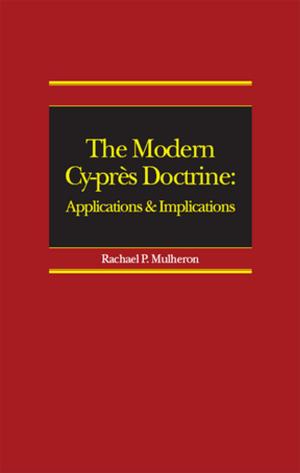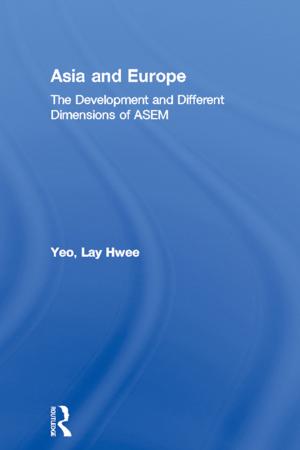The European Union and the Public Sphere
A Communicative Space in the Making?
Nonfiction, Social & Cultural Studies, Political Science, Government| Author: | ISBN: | 9781134174614 | |
| Publisher: | Taylor and Francis | Publication: | June 11, 2007 |
| Imprint: | Routledge | Language: | English |
| Author: | |
| ISBN: | 9781134174614 |
| Publisher: | Taylor and Francis |
| Publication: | June 11, 2007 |
| Imprint: | Routledge |
| Language: | English |
The European Union is often attacked for its ‘democratic deficit’, namely its deficiencies in representation, transparency and accountability, as well as its lack of popular support. Can these shortcomings be counteracted by the development of a viable European public sphere?
This book assesses the possible formation of a communicative space that might enable and engender the creation of a transnational or a supranational public. The contributors consider the EU’s democratic credentials and how well it communicates, and they also evaluate the major institutions and their links to general publics.
The European Union and the Public Sphere emphasizes a ‘deliberative democratic’ perspective on the public sphere, addressing some key questions:
• What are the prospects for a European public sphere?
• Should we think in terms of the EU having a single public sphere, or are overlapping public spheres a more viable option?
• What do this book’s findings on the question of the public sphere tell us about the EU as a political entity?
Students and scholars of European democracy, political communication, and the politics of institutions will all be greatly interested by this book.
The European Union is often attacked for its ‘democratic deficit’, namely its deficiencies in representation, transparency and accountability, as well as its lack of popular support. Can these shortcomings be counteracted by the development of a viable European public sphere?
This book assesses the possible formation of a communicative space that might enable and engender the creation of a transnational or a supranational public. The contributors consider the EU’s democratic credentials and how well it communicates, and they also evaluate the major institutions and their links to general publics.
The European Union and the Public Sphere emphasizes a ‘deliberative democratic’ perspective on the public sphere, addressing some key questions:
• What are the prospects for a European public sphere?
• Should we think in terms of the EU having a single public sphere, or are overlapping public spheres a more viable option?
• What do this book’s findings on the question of the public sphere tell us about the EU as a political entity?
Students and scholars of European democracy, political communication, and the politics of institutions will all be greatly interested by this book.















